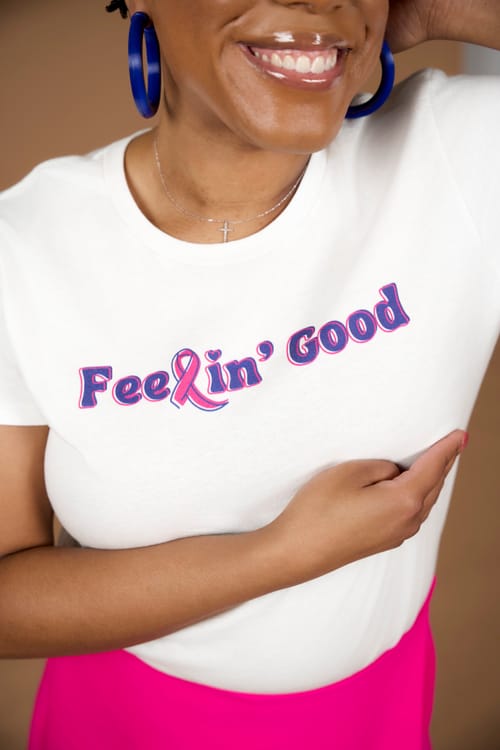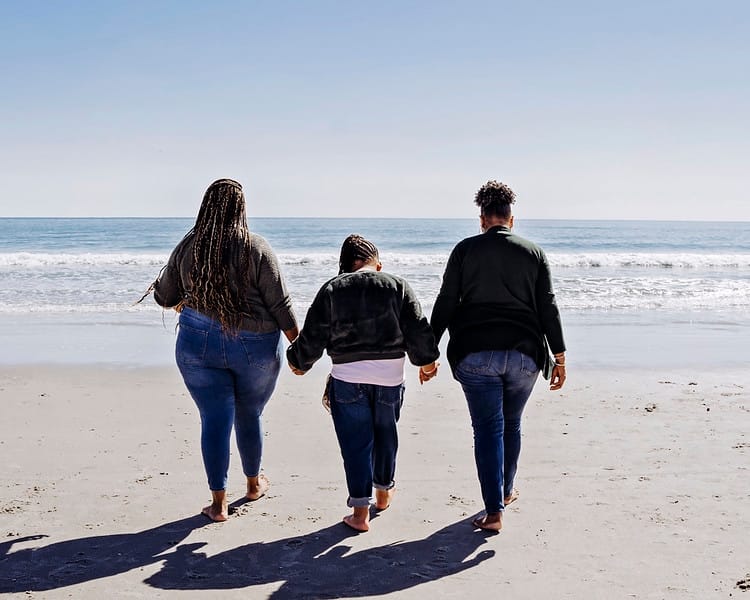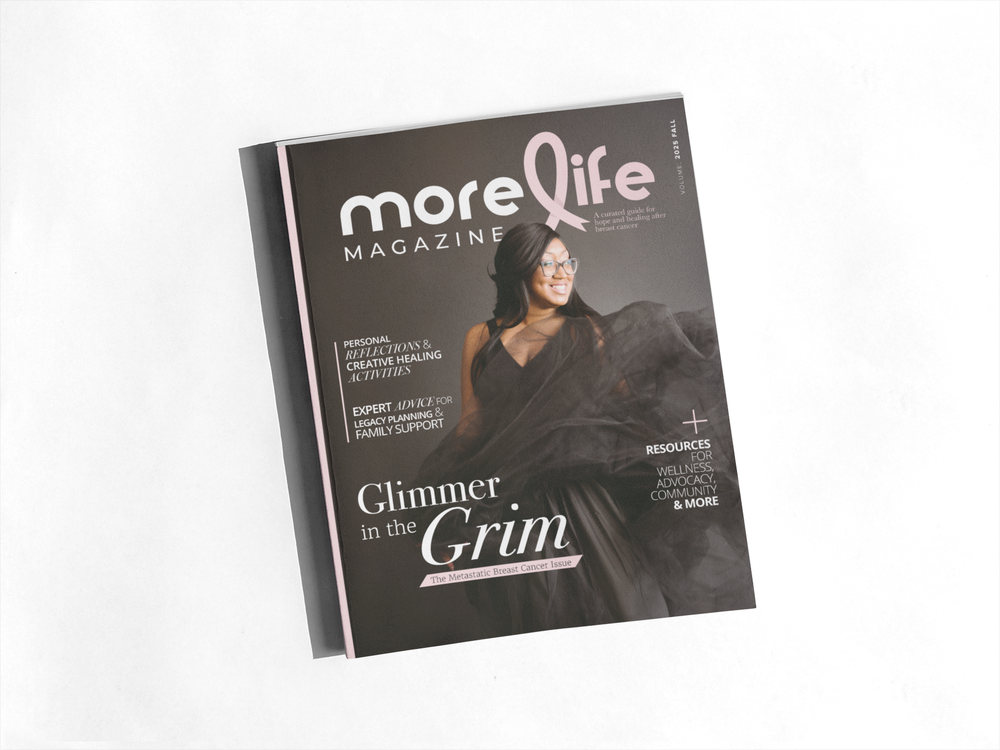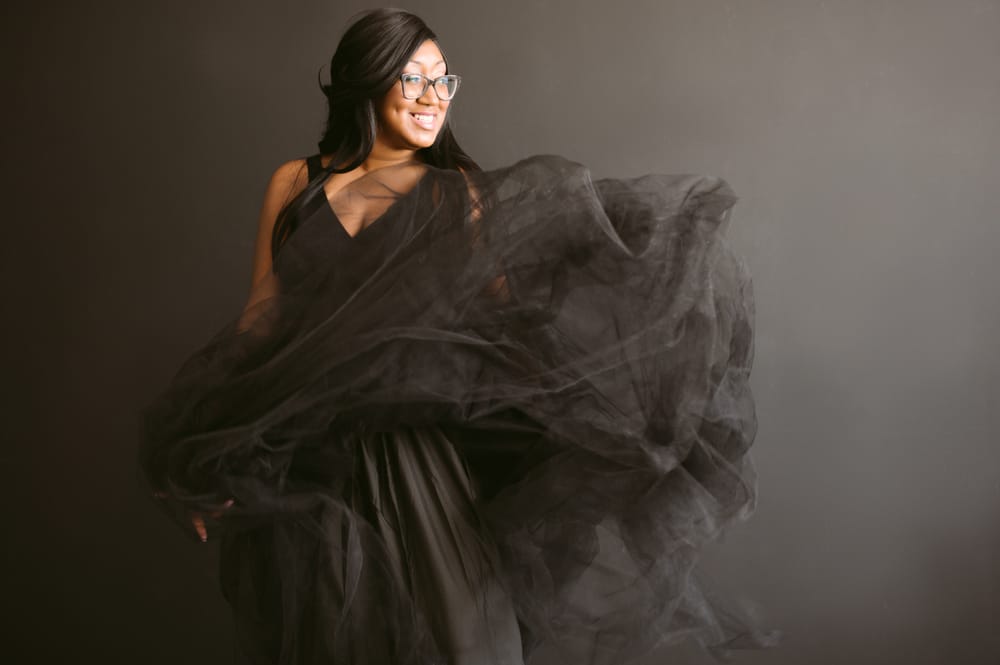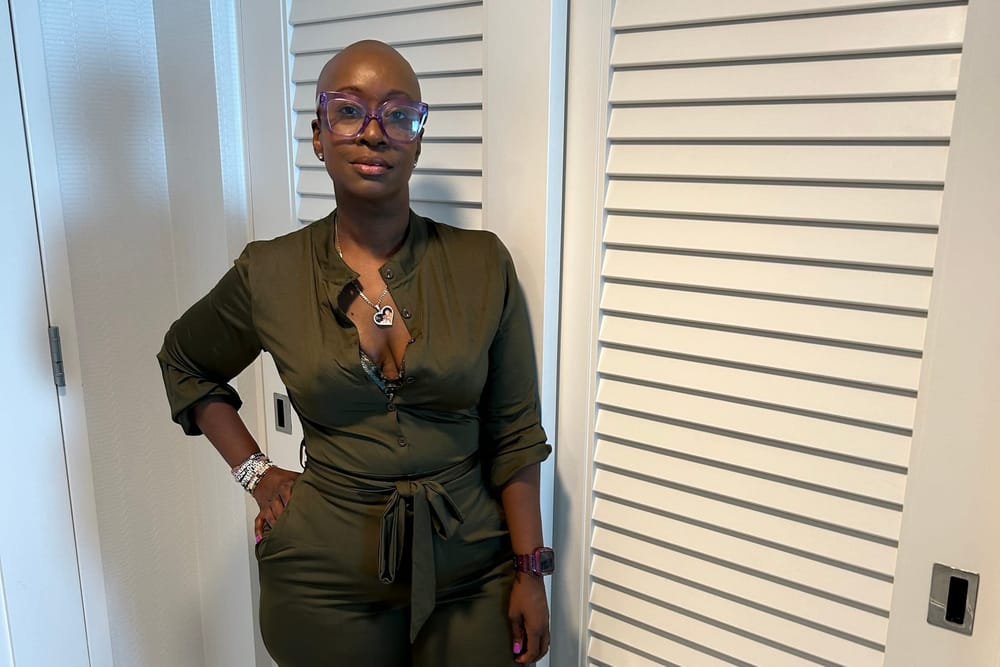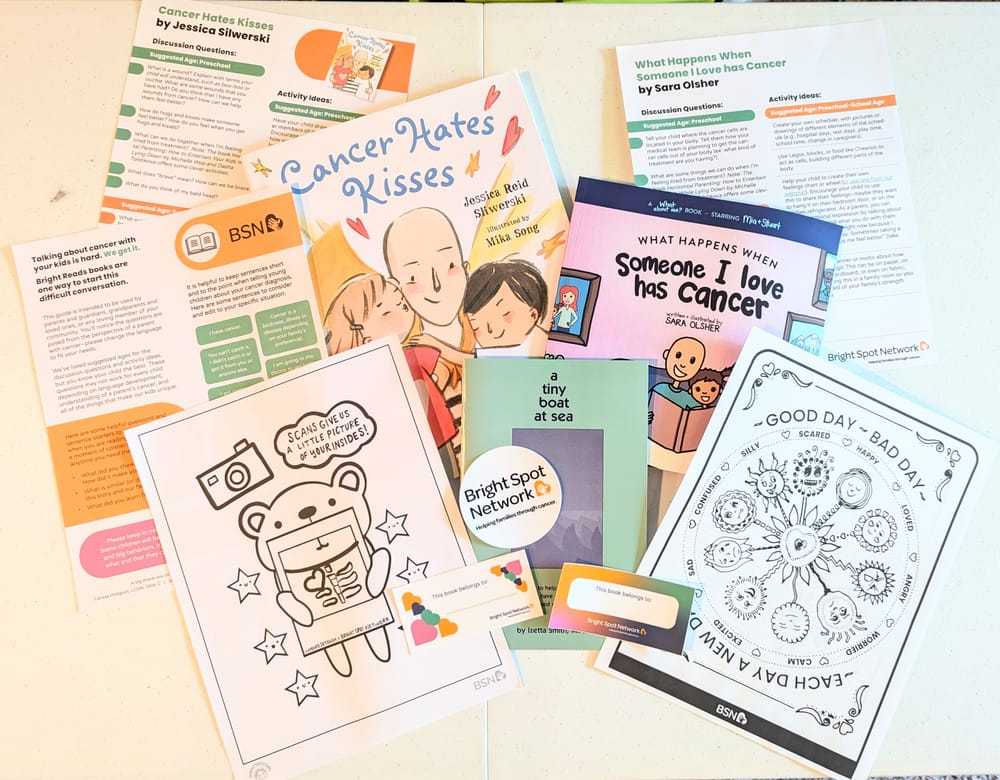By Sheila Pettiford Bell
I live with metastatic breast cancer. Many people don’t fully understand the term “metastatic,” so I often pair it with “stage 4 breast cancer.” If that gets a blank stare, I follow with: “The stage of breast cancer that kills people.”
I live with a cancer that could kill me—but so could a truck. I’ve been living with it for 11 years. My journey began with early-stage breast cancer in 2014. Survivorship has been both a blessing and a curse. I don’t look, act, or usually feel like someone dying of cancer, though this stage is considered terminal. Sometimes, I even forget I have MBC. Others forget too—making this part of who I am invisible.
My story mirrors many others who’ve faced a cancer diagnosis: the shock, the fear, the anger, the questions, the frantic search for answers, and the desperate need to be healed. But I never asked, “Why me?” I needed something to push me into living on purpose with purpose. Breast cancer became that push. So instead, I asked, “Why not me?”
In a strange way, cancer became a gift. It galvanized me into becoming my truest self—an educator. I became a teacher after my early-stage diagnosis and taught for a decade before retiring due to my metastatic diagnosis. Retiring on disability, stamped terminal, gave me a lot of time to think about dying.
In the beginning, no one really knew what I was facing—not even me. My daughter, a healthcare professional herself, was on bed rest and pregnant when I was diagnosed. I kept the invasion in my body a secret from her.
MBC was a mystery to me—undetectable to my eyes but exposed by expensive machines. I threw myself into research, determined to understand what this disease really meant. When I realized MBC had no cure, I wanted to disappear. I honestly thought my only child would soon be planning my funeral.
I spiraled inward. I was depressed. No cure. No hope. No reason to get out of bed. But eventually, I found hope—through acceptance. I accepted the uncertainty of my life. I chose to make good choices. I chose life.
I live with MBC, and you wouldn’t know unless I told you. Many of us don’t tell. We don’t want the puzzled looks, the pity, or the well-meaning but ignorant remarks like, “You don’t look like you have cancer.” For a time, I chose invisibility too—just to figure things out. But now, I choose to live out loud.
I speak up. I share about breast cancer on social media, I’ve joined support groups, and I’ve become a patient advocate. Breast cancer has expanded my territory in unexpected ways, which has been a blessing. But the truth is, what I face each day is still invisible to most people. And that’s a curse.
People forget I have cancer. One of my biggest frustrations is how the media reports someone has “lost their battle with breast cancer.” Rarely do they say “died from metastatic breast cancer.” If they named MBC more often, maybe the “Early Detection Saves Lives” pink parade would pause for a beat. (Of course, it wouldn’t. And maybe it shouldn’t.)
I used to live with family, but now I live alone—by choice. My daughter and granddaughters are nearby and I often wonder: Am I doing enough to leave them memories? Are they cancer-fatigued? Do they need to forget I’m living with a disease that kills? Are my friends tired of my cancer posts?
Lately, I’ve posted less. After 11 years, I’ve sometimes wondered if it’s better to let my diagnosis stay invisible.
I live with a disease that was once whispered about—a disease underfunded, understudied, and often left out of the narrative. But that’s changing. We’re finally talking more about breast cancer that spreads beyond the breast. Research into metastasis is gaining traction. New treatments are emerging. People with MBC are living longer—and living well. No cure now doesn’t mean no hope forever.
Not long ago, people with MBC were treated as though their expiration date had already been stamped—while all the bell ringing was reserved for early-stage patients.
I refuse to be invisible. I live proudly—and loudly—with MBC.
